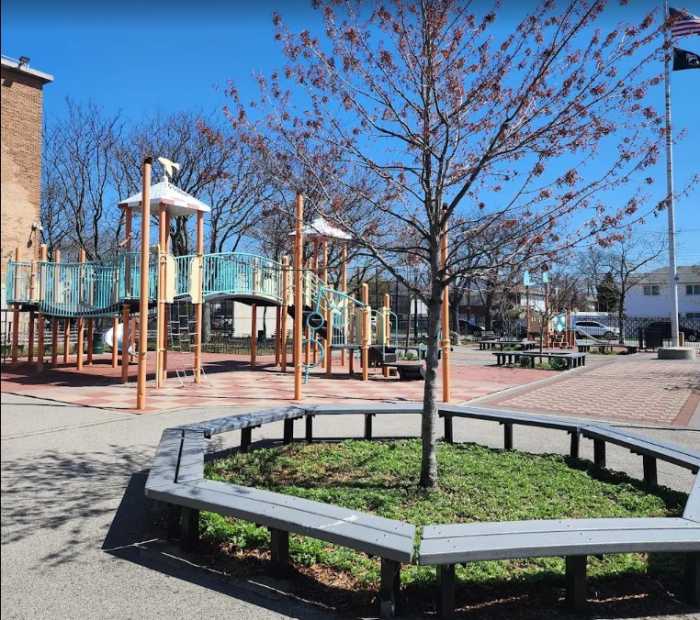By Joe Anuta
In addition to serving as the borough’s premier showcase of Mother Nature, the Queens Botanical Garden also discreetly functions as a jobs program campus for unemployed New Yorkers, or those just wanting to change their careers.
The Green Jobs Training Program graduated its latest class of students Monday. The program has produced six classes of students who study one of three fields — sustainable waste management, sustainable landscape design and maintenance as well as green cleaning and housekeeping.
“I really want to see you all with great jobs,” said Gennadyi Gurman, an instructor for the program.
Gurman and other instructors taught students for each week or two course at the garden, and the results have been encouraging.
Out of the first class of 23 people who graduated in October, 82 percent have jobs. The second class of 18 people who graduated in December boasted a 75 percent job placement rate.
The numbers dwindle as the graduating classes become more recent — the latest class that graduated in April has a 26 percent job placement rate — but in total about 60 percent of the students across all classes now have jobs, which means 82 are working now who were either not working before or were not satisfied with their work, according to the executive director of the garden, who could not believe the project was such a success.
“This started as a dream three years ago,” said Susan Lacerte.
In order to accomplish that dream, the garden partnered with LaGuardia Community College, which is known for its job-placement record, along with other organizations.
Aisha Smith graduated from a previous class, but during the ceremony championed the program as a lifeline during hard times.
“I felt very down because I couldn’t find a job,” she said.
But after Smith enrolled in the program, she landed a job with New York City-based Tri-State Biodiesel, which recycles kitchen grease to use as fuel.
“Now I want to get out there and teach everything that I’ve learned,” she said.
The program boasts three types of certificates: cleaning and housekeeping, sustainable landscape design and maintenance and waste management.
The waste management students studied the waste of the garden as a whole, including its buildings, according to Kate Kitchener, who works with one of the partner organizations.
The students had to learn about composting, where organic matter can be decomposed and used as plant fertilizer. They also looked into recycling water, something that is done in the LEED-certified main building of the garden.
Landscape students used the garden to learn about growing only native species, which typically require just rainwater to survive and less pesticides. In fact, the students used what is known as tea — runoff water from compost piles that is rich in nutrients — in order to protect the plant instead of pesticides, she said.
Housekeeping students studied which types of cleaning chemicals are environmentally friendly and how to maintain LEED-certified buildings like the main building at the garden, a requirement for any green structure to keep its LEED seal.
Reach reporter Joe Anuta by e-mail at januta@cnglocal.com or by phone at 718-260-4566.






































